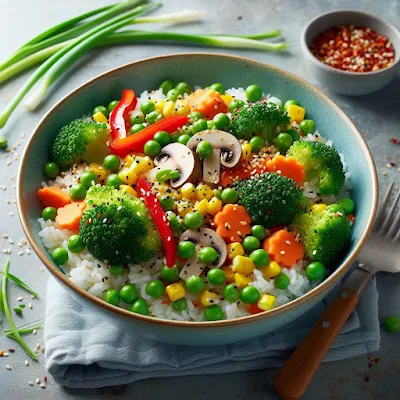Why Mushrooms Are Not Kosher And Are Unclean
In traditional Jewish dietary laws, known as kashrut, mushrooms are generally considered kosher, and there is no widespread prohibition against their consumption. However, it's important to acknowledge that interpretations of kashrut may vary among different Jewish communities and authorities.
The primary reason why some might argue that mushrooms are not kosher is due to the difficulty in properly checking and cleaning them. Mushrooms are known to grow in dark and moist environments, conditions that can attract insects. Insects are generally considered non-kosher, and thorough cleaning is required to ensure that the mushrooms are free from any insects or other impurities.
Additionally, there might be concerns related to the cultivation medium. Mushrooms can be grown on a variety of substrates, and some individuals or authorities might express reservations about the source of the substrate used for cultivation. If the substrate is derived from non-kosher sources or raises concerns about cross-contamination, it could lead to the perception that the mushrooms themselves are not kosher.
It's crucial to note that these concerns are not universally agreed upon, and many Jewish communities accept mushrooms as part of a kosher diet. In commercial settings, efforts are often made to cultivate mushrooms in controlled and kosher-certified environments to address potential issues.
As with any matter related to kashrut, individual perspectives and community practices can vary. Some people may choose to adopt more stringent interpretations, while others may follow more lenient views. Ultimately, for those who observe strict kosher dietary laws and have concerns about mushrooms, seeking guidance from a knowledgeable authority or relying on products with reliable kosher certification can provide clarity and assurance in adherence to their dietary practices.











